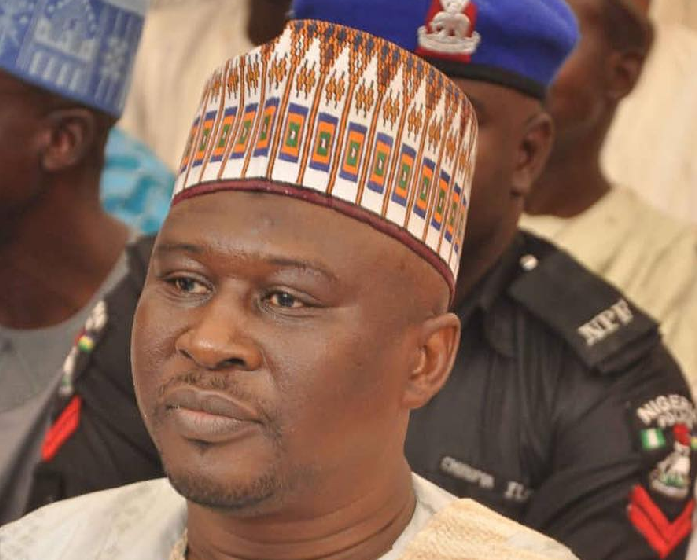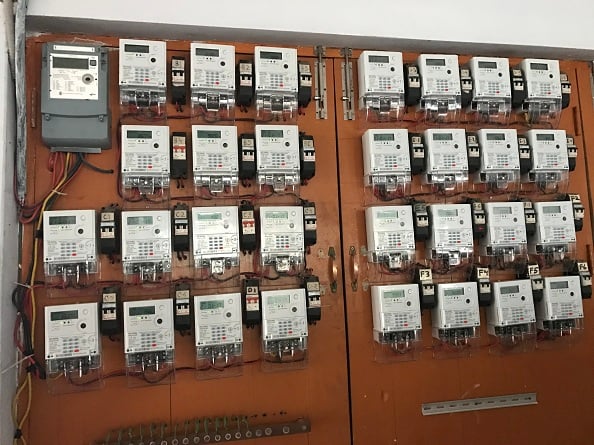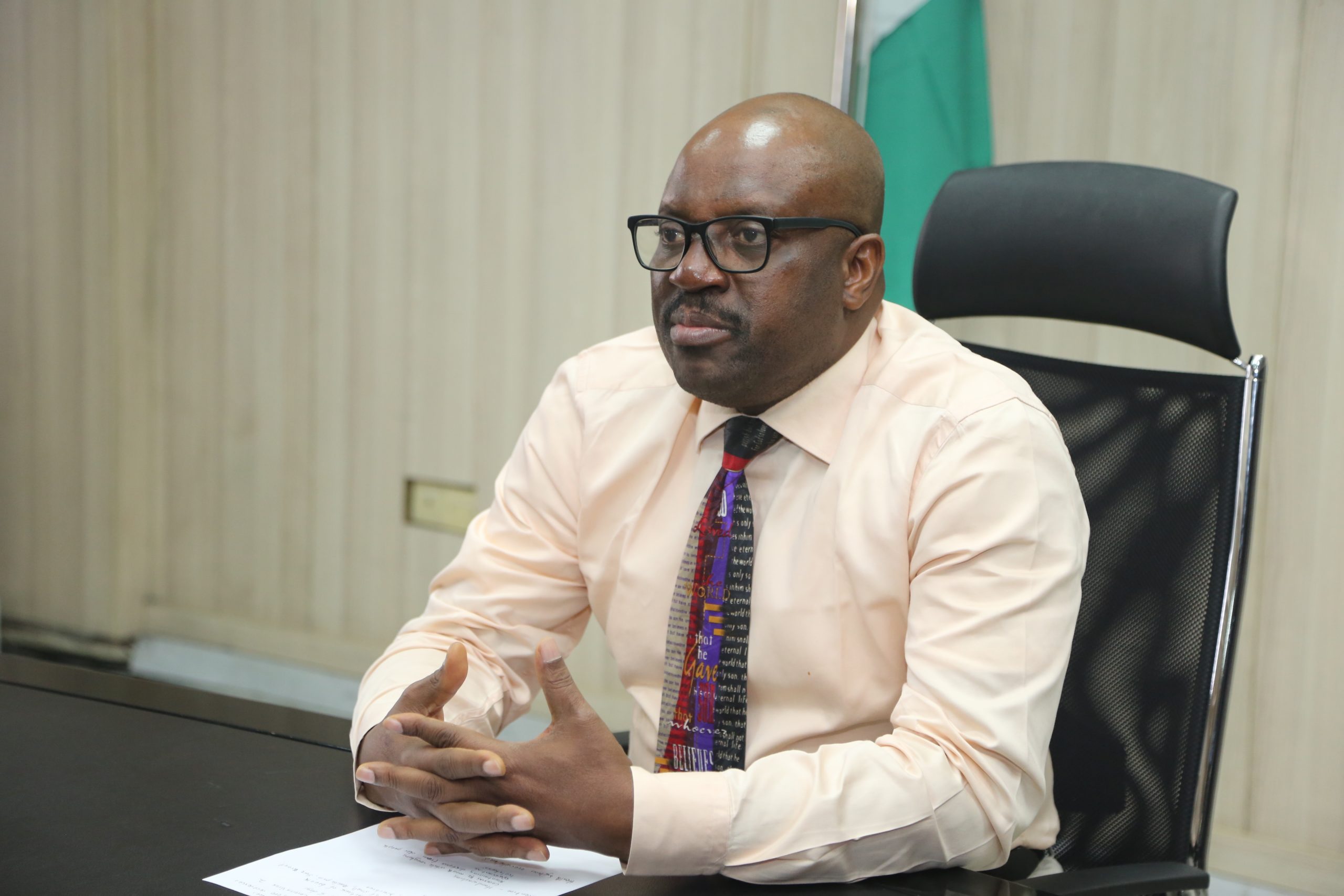As it was getting dark, a masked medical doctor who was examining TheCable reporter at the Yahaya Memorial Hospital, Ankpa, Kogi state, held his gaze at his latest patient. After a couple of more questions, the middle-aged doctor reclined to his armchair and, with a deep breath, admitted he was worried that the symptoms were very much like those of the coronavirus.
“But didn’t they say there is no coronavirus in Kogi?” the reporter asked.
“Who told you?” the doctor immediately cut in, drawing his seat a little backward as if he was now trying to keep the two-metre distance that he did not bother about earlier.
“Are they testing? The chief judge died of COVID. Was he not in Abuja that they managed him?”
Advertisement
“But if there is coronavirus, it will be obvious, people will be falling sick,” the reporter asked, to which the doctor confirmed that people are indeed falling sick.
“And the rate of deaths is high. You don’t know? People are dying everyday, generally (not just in Ankpa). More than the normal (rate).”
He then looked up to a nurse standing by his table: “Are people not dying anyhow?” to which she nodded in the affirmative.
Advertisement
“They are dying o, plenty. In the villages, you go hear say this person died, that person died. Them dey die plenty now. That is the worry. The rate of death is high now,” the doctor lamented, before returning to the reporter’s medical document as he wrote down the tests needed to be done.
It is over six weeks since May 27 when Kogi recorded its first two coronavirus cases. The Nigeria Centre for Disease Control (NCDC) has announced three more infections in the state and two of these cases have died. But the state government has continued to deny the existence of the virus, accusing the NCDC of falsifying cases.
However, long before the index cases, medical doctors in Kogi had accused the government of frustrating efforts to test residents for the virus. This was later corroborated by an investigation done by TheCable.
Just as doctors at the Federal Medical Centre (FMC) — the major health facility in the state capital — planned to protest Kogi’s management of the pandemic, gunmen invaded the hospital.
Advertisement
BUT THAT HAS NOT STOPPED PEOPLE FROM DYING
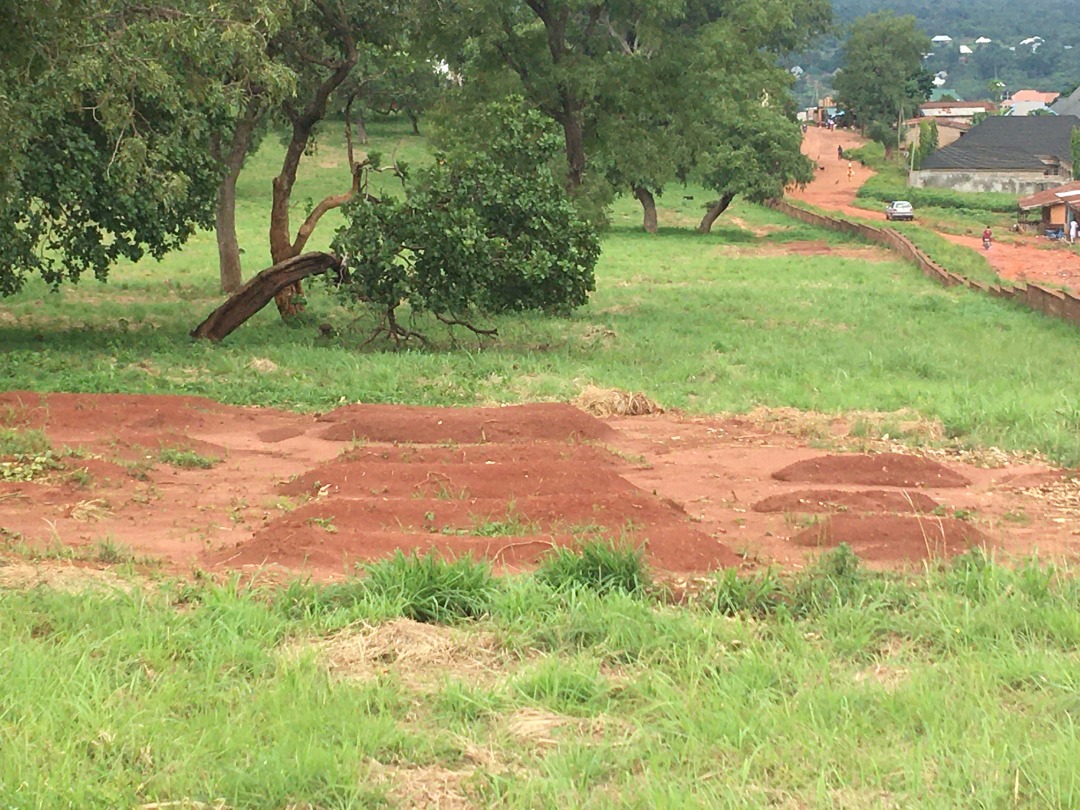
TheCable reporter visited three local government areas — Ankpa, Okene and Adavi — following complaints that strange deaths are occurring in those areas. During a dozen interviews, residents gave various accounts of how they live in fear as a result of deaths which they say have been on the increase.
Less than 15 minutes away from Yahaya Memorial hospital, one of the very few medical facilities in Ankpa town, an expansive graveyard yard at an area known as “Barrack Two” has about 15 fresh mounds at one of its ends, suggesting they were recent burials.
Although a nearby resident said he was not aware of anything strange, three others told TheCable that there has been an unusual death rate in the LGA which is about 170 kilometres away from Lokoja, the state capital.
Advertisement
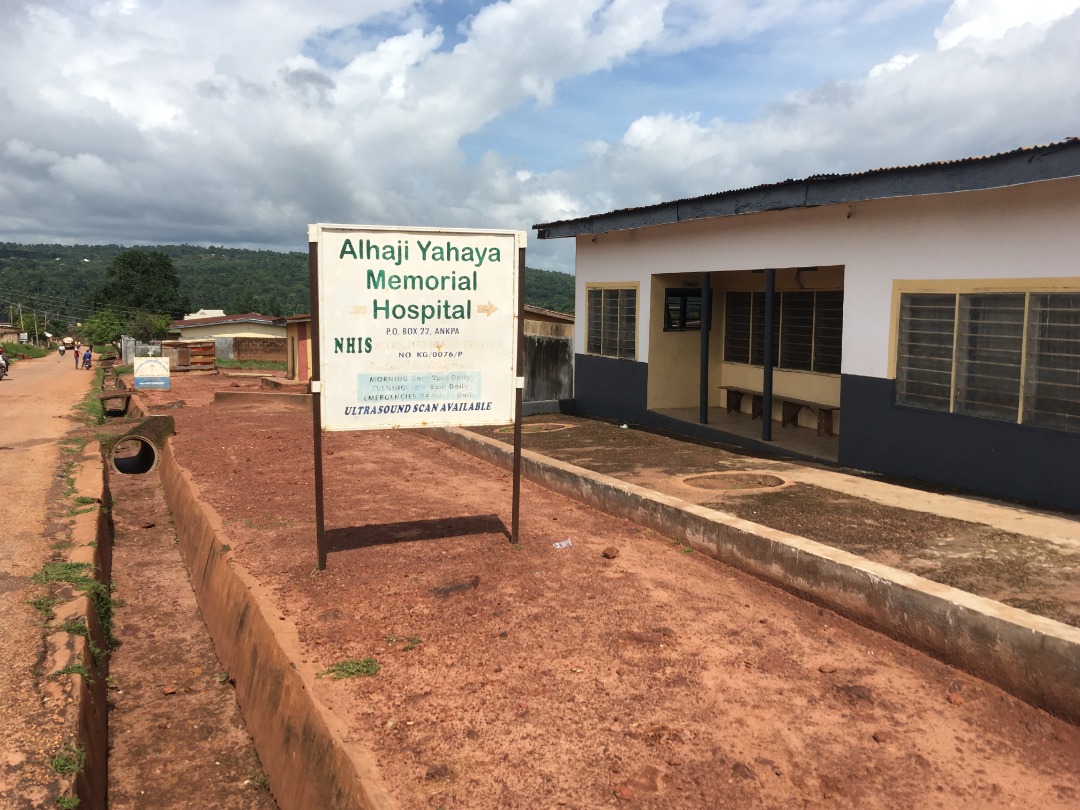
A doctor who works at the FMC also said the deaths in any part of the state is nothing compared to “what we are hearing in Ankpa”.
“It is everywhere. We have heard about increasing deaths in Okene and other areas but Ankpa is the worst. Have you gone there? That is like the most affected,” the doctor, who asked to remain anonymous, said over the phone.
Advertisement
While there is no known link between the reported deaths and coronavirus, the residents across the three LGAs said they are not ruling out the virus especially as some persons who contract it do not show symptoms.
“How do we know if it is coronavirus when we are not even testing people?” one man asked in Okene, adding that the number of deaths recorded daily are “between 17 and 19”. TheCable could not verify his claim.
Advertisement
“Recently, people have been dying but we don’t really know the cause and it is not usually like this. Some are saying it is hunger. Before it will be like four or five in a day and now, but the number now is uncalled for,” the man who only identified himself as Shaibu said.
Advertisement
“The people at Idoji cemetery complained that in a day, like 17 people are being brought to the cemetery. They say sometimes it is 19; the way they bring corpses is unusual. At the other burial ground in Agasa, somebody there also complained about the way they are bringing corpses.”
At Idoji cemetery, Salaudeen Yusuf, the attendant, however, denied that there has been increasing burials. He told TheCable that although some of the recent burials are old people, there is “nothing unusual” in their cases.
“As far as Okene is concerned, I don’t believe anything like that (unusual deaths) is happening. We record four, five in a day and that is the usual number. This morning, we haven’t recorded anyone,” said the attendant whose claim was re-echoed by another resident who looked to be in his 20s.
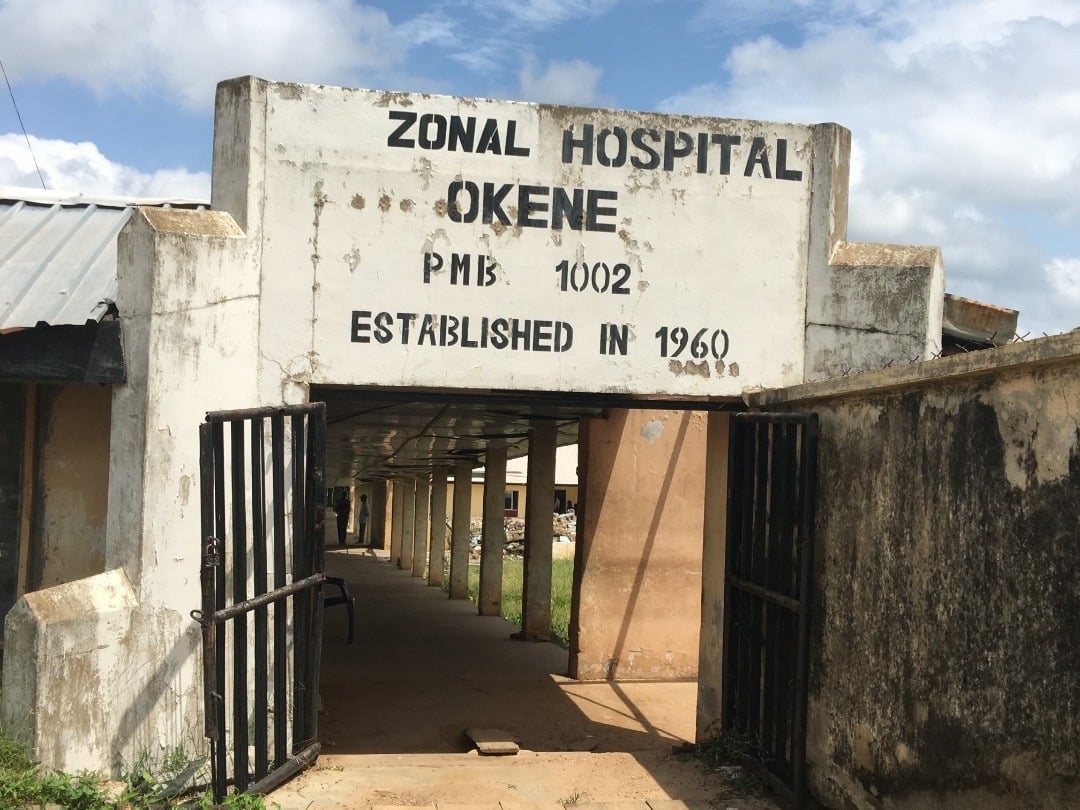
“A majority of the people that die in my place are the elderly, then people that die through accidents. When your time comes, you will die. It is not sickness that is killing someone, it is when God’s time comes.”
At Agasa graveyard which is said to have also been recording unusual number of burials, there were two fresh graves which a resident said were of two persons that died “few days ago”.
One of the deceased, it was gathered, was until his death a lecturer at the Federal College of Education, Okene. He was said to be preparing for his 60th birthday when he passed on after a brief illness, with fever and heartburn symptoms.
At the late lecturer’s residence, TheCable reporter was told the family had travelled but a neighbour who looked to be in her 60s said the deceased was not a coronavirus patient, adding that the man was strong and even drove himself to the hospital the day before.
‘PEOPLE WHO OPEN UP MIGHT BE PUNISHED’
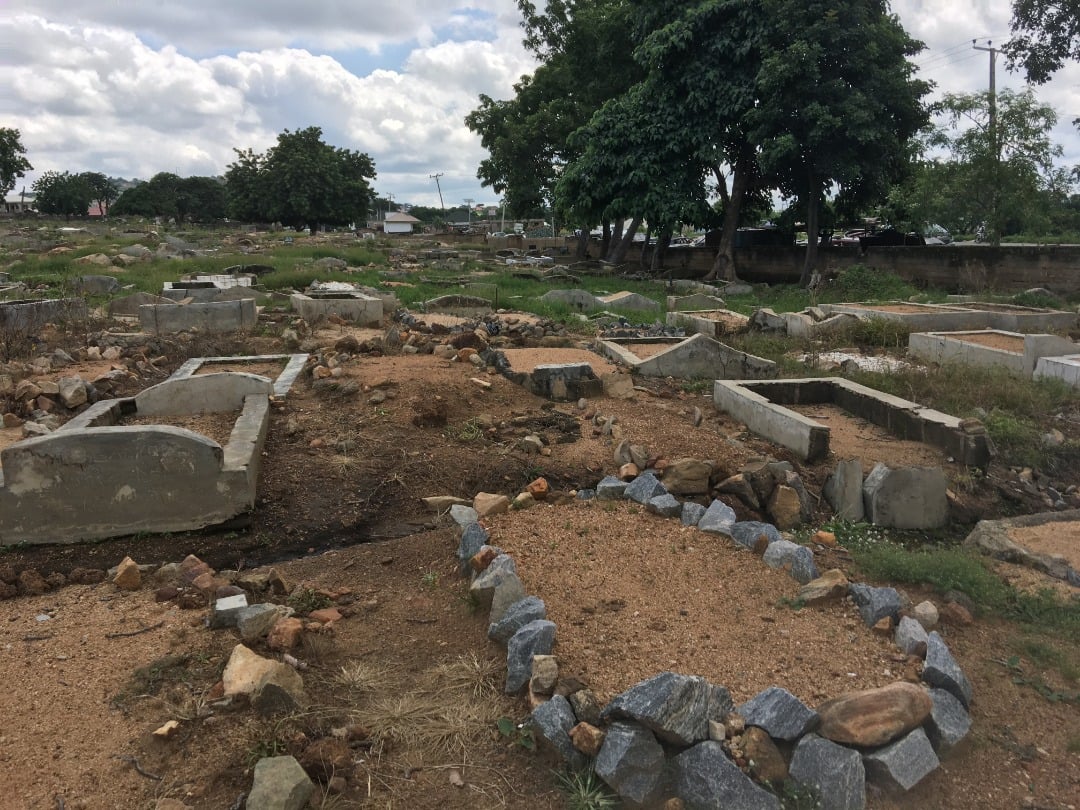
Despite the denial by Yusuf, some residents, including Shaibu, alleged that people are not talking out of fear for their lives.
“The problem is that the number one citizen doesn’t want that, they are afraid of telling you the truth. If he (the cemetery attendant) told you, they might punish him or have him arrested,” Shaibu said.
“As the governor has said that there is nothing like that, people are feeling it is normal and there is nothing like that. For me, I believe he feels if he admits there is coronavirus, there will be hunger as a result of the lockdown and the casualty will be more because to eat now is not easy.”
Another resident in Okene narrated how, in addition to living in fear, the level of consciousness about the coronavirus has reduced among people in the state because of how Yahaya Bello, the governor, is managing the health crisis.
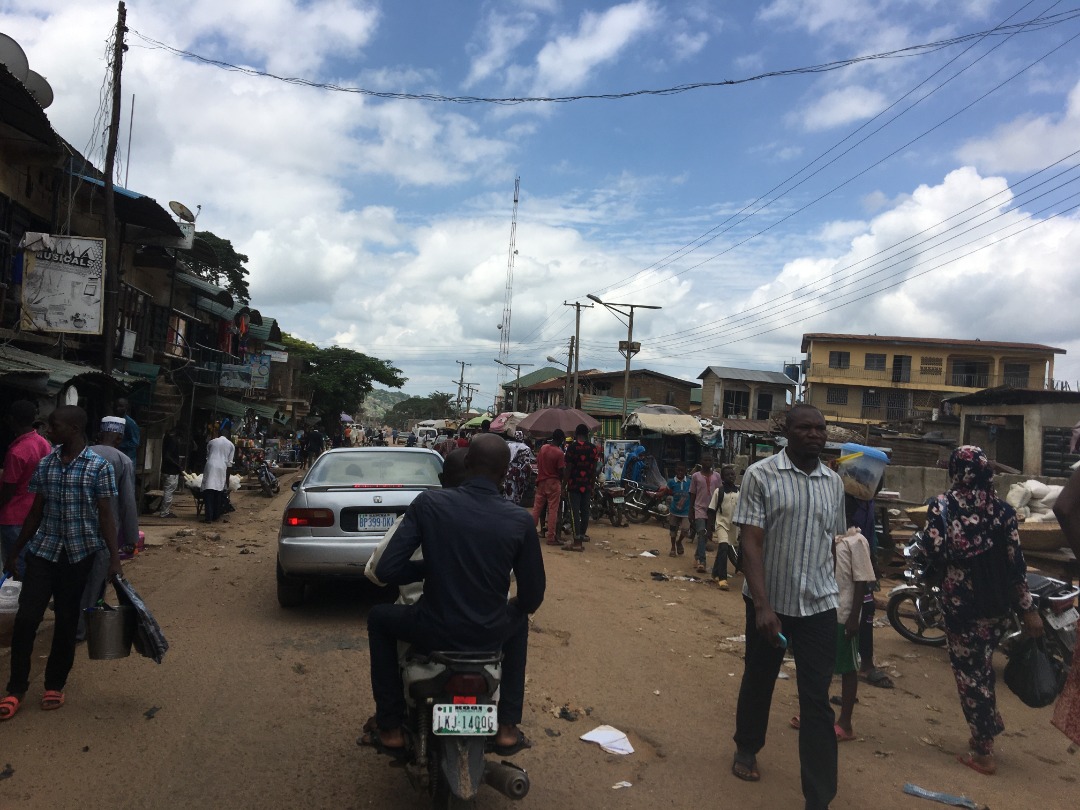
The resident identified as Emmanuel John recalled how the government has treated some deaths recorded recently, including of the late chief judge who died at a coronavirus isolation centre in Abuja.
“In April, people were wearing face masks and practising social distancing but a lot of that has changed now because everybody will tell you the governor said there’s no COVID … this is the effect of leadership,” John said.
“So, it is affecting how they see things. He is the leader and people will believe him. You see how they denied that of the chief judge even though he died at the isolation centre, that’s how most people are denying it.
“At the hospital, people are seeing things and everybody here knows that the rate of deaths have increased but many people will not admit it is something unusual and could be COVID because of how the governor is handling it. We are having people passing away; elderly ones. They said they went to bed and they did not wake up.”
Kingsley Fanwo and Saka Haruna, the state commissioners of information and health respectively, are yet to respond to inquiries on the developments.
STRANDED PATIENTS, DILAPIDATED HEALTH FACILITIES
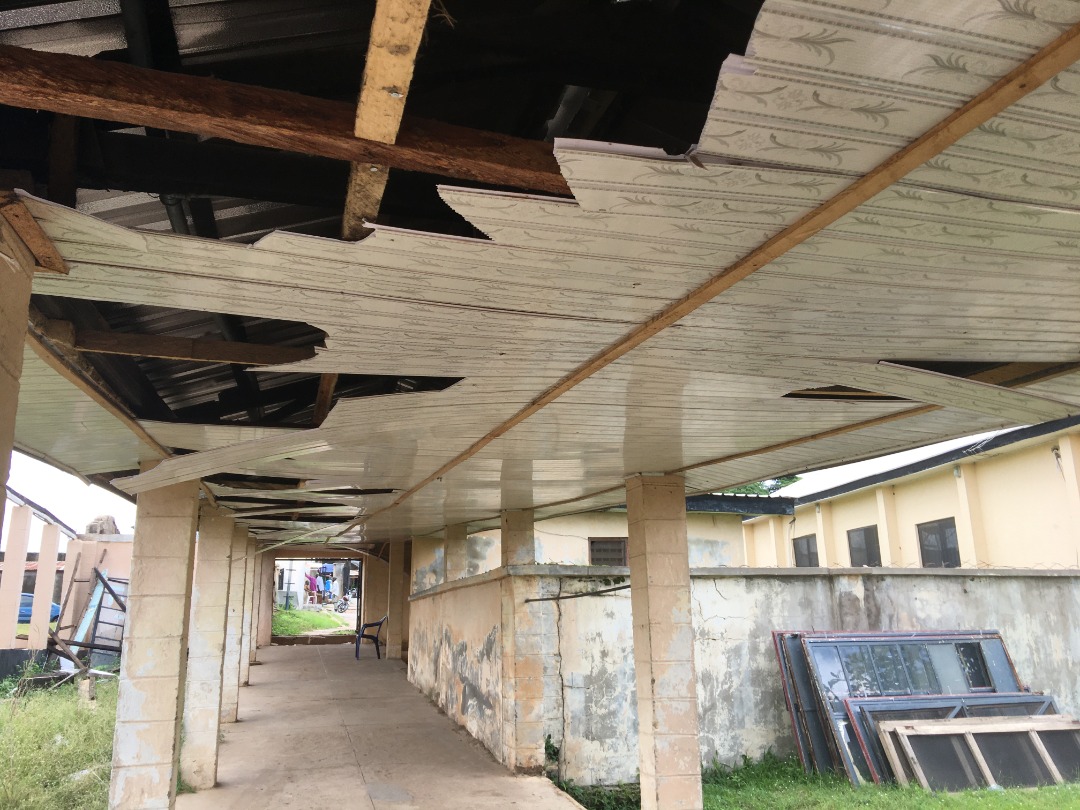
TheCable visited not less than seven hospitals, talking to patients and observing the healthcare system and the noticeable trend is a general feeling of disinterest with almost zero consciousness about the coronavirus.
While there are just a handful of patients seen with face masks, a number of the health workers ignored safety measures. In addition, various accounts were given of how it is difficult for patients, especially at the government-owned facilities, to access healthcare.
A resident in Okene alleged that “a lot of doctors are refusing to attend to patients since there is no testing”, adding that such practice has been the norm for some time.
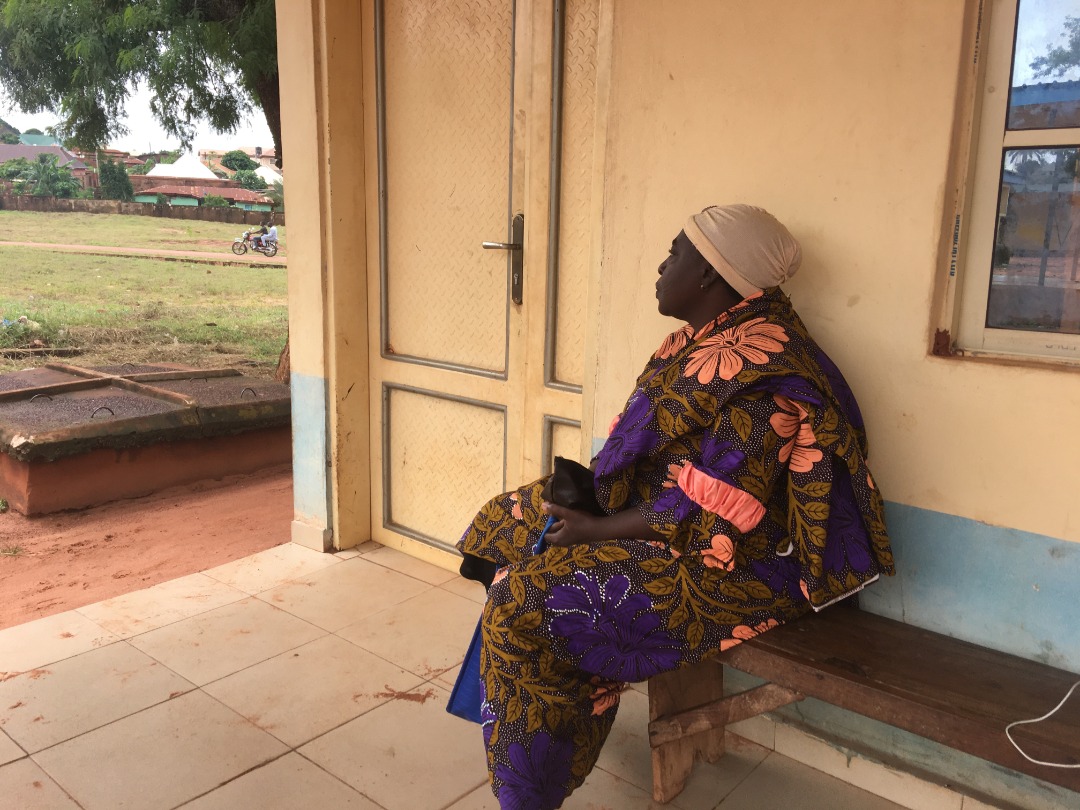
To have a first-hand experience of what patients might be going through in parts of Kogi, TheCable reporter went undercover to five different hospitals: General Hospital, Okene, Oyiza Hospital, Okene, General Hospital, Ankpa, Bethel Hospital, Ankpa, and Yahaya Memorial Hospital, Ankpa.
While medical services went seamlessly in most of the private hospitals, the government-owned facilities had challenges, especially difficulty in accessing doctors.
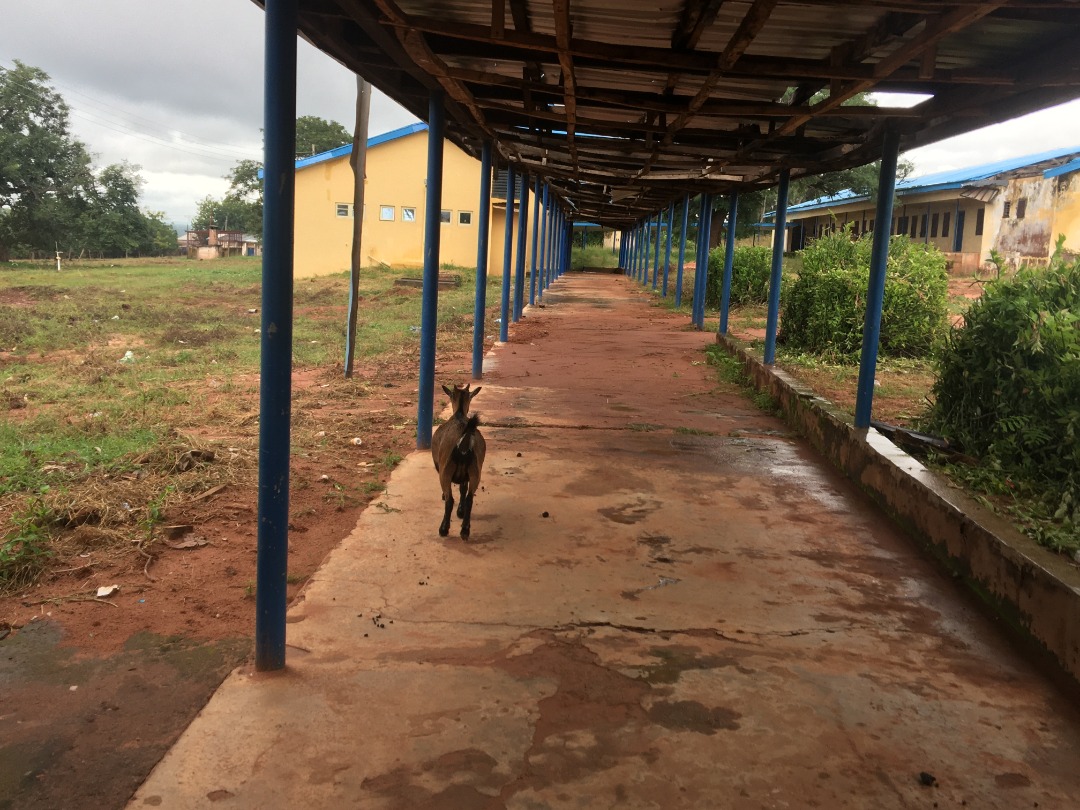
At the General Hospital, Ankpa, which is characterised with overgrown grass with animals such as goats leaving their droppings trailing behind the premises, the unmasked nurse on duty, who gave her name as Jameelat, admitted that there is no confirmed case there because tests are not being done.
“We no dey do the this thing (testing), so we no go own. And our governor even talk so,” she said when asked if there is truly no confirmed coronavirus case recorded in the LGA.
“Na wetin our governor talk we dey follow.”
After getting his card, the reporter proceeded to the doctor’s office but the door was shut. A patient, who was also waiting to be attended to, said: “General Hospital Ankpa? If no be now wey doctor dey come on Saturday, they no dey come. Naso so them dey do. Na only private you go come meet doctor, e dey.”
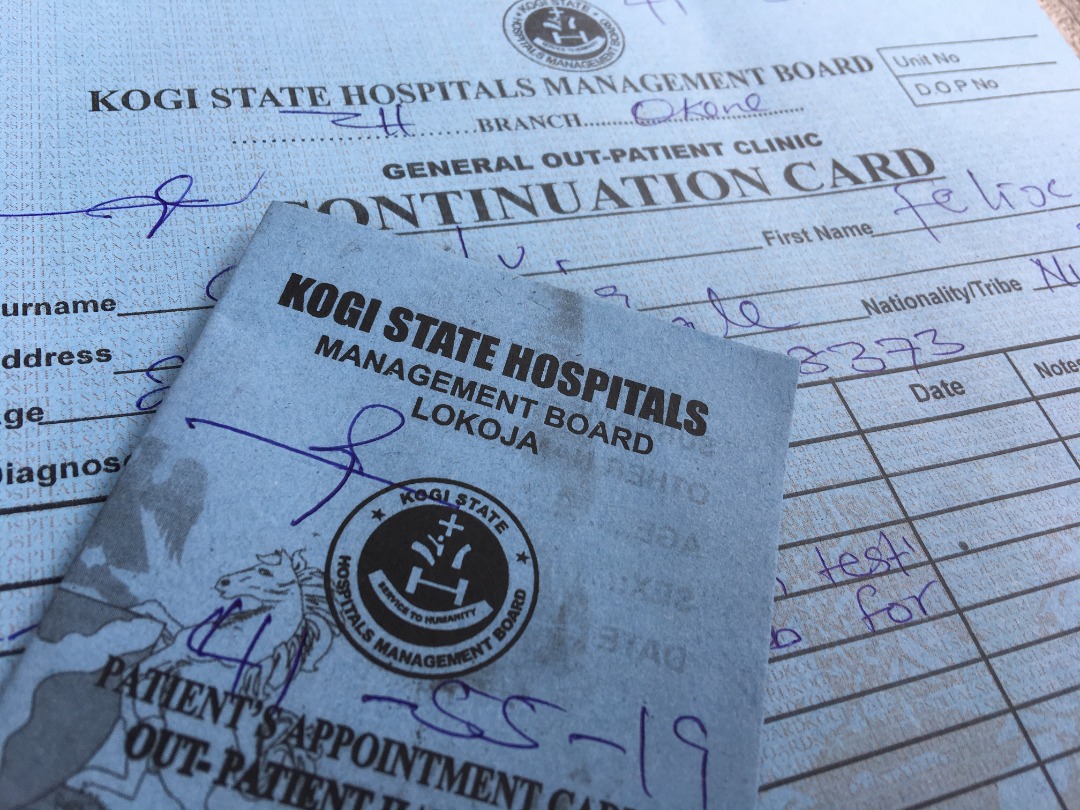
Unfortunately, her words turned out to be true as the reporter ended up not meeting the doctor.
“It is only on Monday, Tuesday, Wednesday and Friday; that time, anytime you come, you will see a doctor. But on weekends like this, it is luck. But the hospital will attend to you,” the nurse said.
“He is on call, that is why he came for the morning round. Weekend is for only one doctor. One doctor for morning, one doctor for afternoon.”
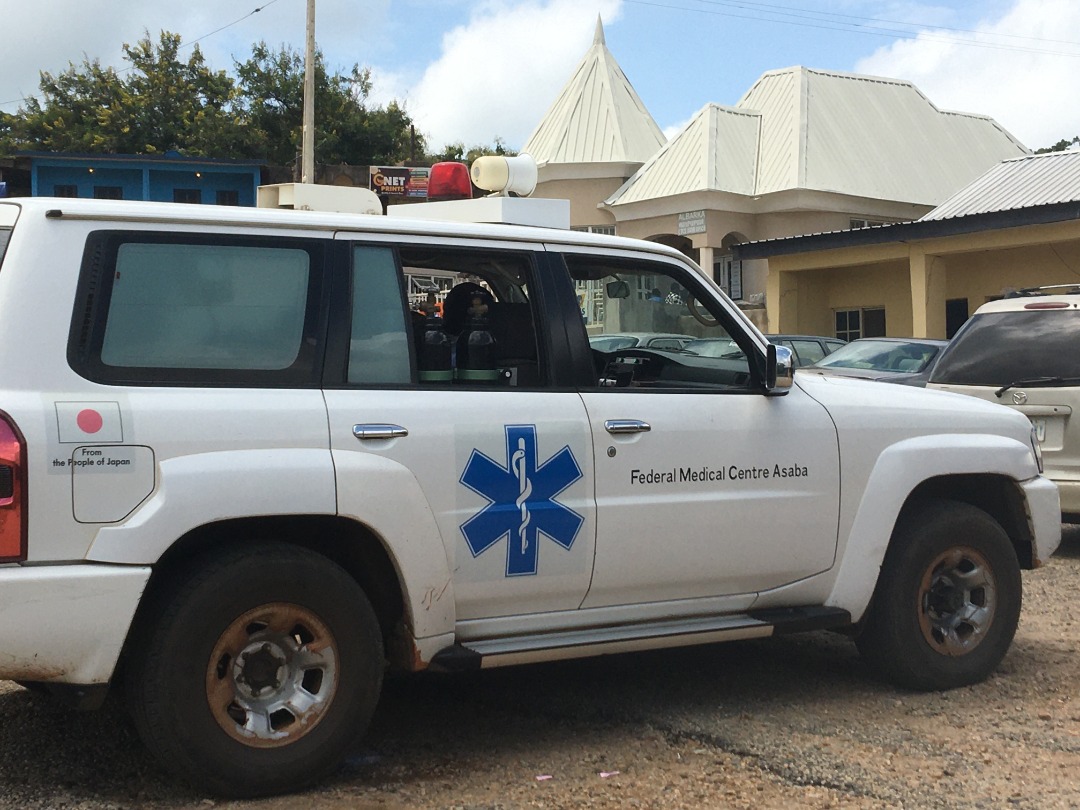
Nearly 200 kilometres away at Okene General Hospital where TheCable had visited the day before, the time was 11:15 am when an ambulance belonging to Federal Medical Centre, Asaba, Delta state, drove into the hospital premises, heading straight to the Accident & Emergency Ward.
Staff and visitors watched as a patient was brought out on a stretcher into the waiting hands of the ambulance and driven off.
Although it was not immediately clear what the ailment of the patient was, he appeared to have severe symptoms and was receiving oxygen treatment inside the ambulance.
Around the hospital premises parts of which were overgrown with grass, some of the structures looked worn out and in dire need of renovation while the environment was largely unkempt with gutters filled with all kinds of dirt and greenish substance.
Walking through the hallways would require one to exercise extra caution as the ceilings were barely hanging on to the roof, just as worried residents in the state hang on as minutes drag into hours and hours, into days, not sure what their fate would be the next moment.
This is a special investigative project by Cable Newspaper Journalism Foundation (CNJF) in partnership with TheCable, supported by the Open Society Initiative for West Africa (OSIWA). Published materials are not views of OSIWA.
Add a comment


